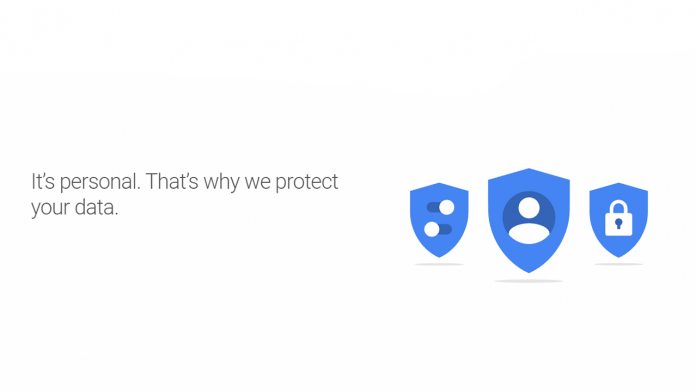Google is fighting the European Court of Justice over a ‘right to be forgotten’ law that was passed in 2014. Put into practice in 2014, it lets EU citizens ask for information to be erased from search engines.
However, French regular CNIL says that Google has not fully complied. For starters, it says Google has only removed 44% of 700,000 requests. CNIN also says that while the search engine often deletes results on its European domains, it refuses to do so on others, such as .com. As a result, it’s possible for someone to bypass the right to be forgotten.
The EUCJ will hear evidence from 70 stakeholders, including Microsoft, as it decides whether to clarify the issue. Currently, the law argues that content that is inaccurate, irrelevant, inadequate, or excessive must be removed. The results could also affect rival search engines like Bing and Yahoo.
The Case for Free Speech
Understandably, Google and others are concerned about what a worldwide removal would mean for free speech. Organizations like Wikimedia argue that a worldwide ban threats the ability to share accurate information about historic and public figures.
In a 2017 blog post, Google’s Kent Walker said:
“This runs contrary to the basic principles of international law: no one country should be able to impose its rules on the citizens of another country, especially when it comes to linking to lawful content. Adopting such a rule would encourage other countries, including less democratic regimes, to try to impose their values on citizens in the rest of the world,” he argues.
In the court today, the company doubled down on that stance, calling worldwide changes “completely unenvisagable”.
To be clear, Google also removes content when a person is searched on a non-EU domain from inside the EU. However, this can be bypassed quite easily with a VPN or proxy, and wouldn’t dissuade a determined searcher.
The EUCJ will also hear a case concerning 4 individuals that argue information like political views and criminal records should be automatically expunged. Google says this would go against public interest, and I’m inclined to agree.
The discussion today will be an important one that could define user’s rights on the internet. The initial ruling left the removal up to Google’s discretion, which could enable censorship by the search giant, too.






